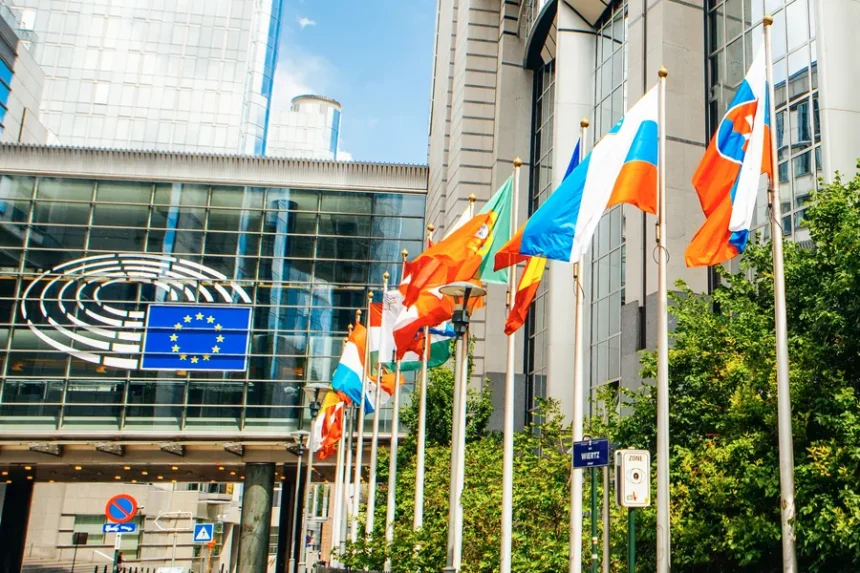The European Union has issued a sharp warning to Georgia, stating that the country’s newly enacted Foreign Agents Registration Law, which came into effect today, represents a significant democratic backslide and jeopardizes its path toward EU membership.
In a joint statement, EU High Representative for Foreign Affairs Kaja Kallas and Enlargement Commissioner Marta Kos denounced the law, along with recently adopted legislation on broadcasting and grants, calling them part of an “aggressive campaign” by the Georgian government to stifle dissent, restrict freedoms, and shrink the space for civil society and independent media.
“These repressive measures threaten the very survival of Georgia’s democratic foundations and the future of its citizens in a free and open society,” the statement read.
The EU leadership reminded that the European Council, in its conclusions from June and October 2024, had already determined that such actions undermine Georgia’s European aspirations, effectively halting the country’s EU accession process.
Brussels urged Georgian authorities to heed their citizens’ demands for democracy and a European future, calling for the release of all unjustly imprisoned journalists, activists, protesters, and opposition leaders.
“The EU remains open to reconsidering Georgia’s accession process if the government takes credible steps to reverse the democratic decline,” the statement emphasized, underscoring that the responsibility lies solely with Georgian authorities.
Inspiration from U.S. Law, But With Controversial Impact
Georgia’s Parliament recently passed the “foreign agents” law, which officials say was inspired by the U.S. FARA Act. However, critics argue it goes beyond transparency and instead could be used to suppress opposition and civil society.
Under the U.S. Foreign Agents Registration Act (FARA), entities representing foreign interests must register with the government. Georgian NGOs and opposition groups, however, fear the local adaptation of the law will be wielded as a tool for intimidation and repression.
Shifting Political Alignments and Growing Unrest
The ruling Georgian Dream party, currently under fire for increasingly authoritarian policies, faces accusations of steering the country away from its European course in favor of closer ties with Moscow.
Political tensions have escalated since late 2024, with daily mass protests erupting nationwide. The unrest intensified after Prime Minister Irakli Kobakhidze announced in November that his government would not seek to open EU accession talks before 2028.
Georgia’s democratic future—and its place in Europe—now hangs in the balance as citizens continue to rally against what they see as a betrayal of the country’s pro-European aspirations.







